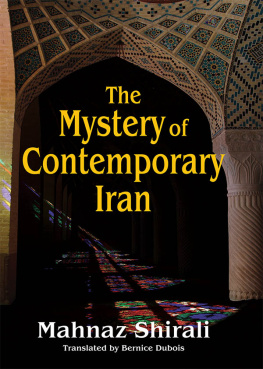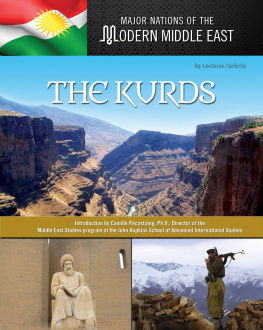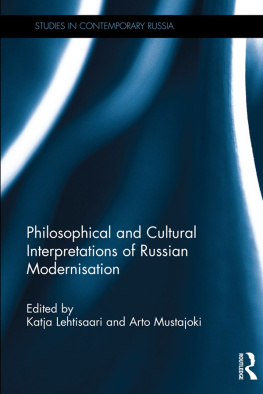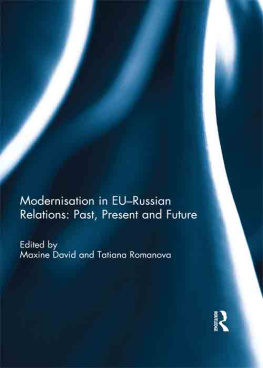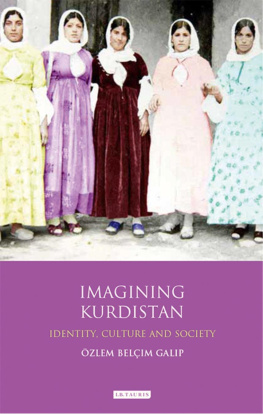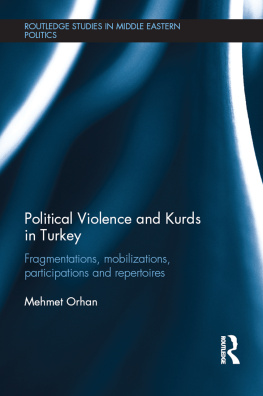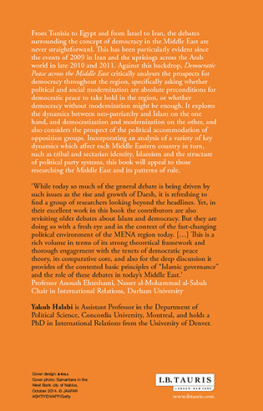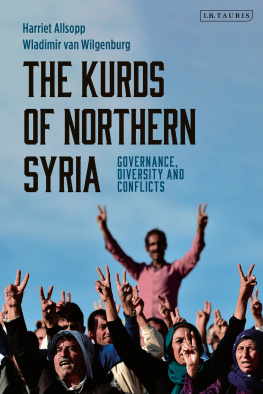Marouf Cabi - The Formation of Modern Kurdish Society in Iran: Modernity, Modernization and Social Change 1921-1979
Here you can read online Marouf Cabi - The Formation of Modern Kurdish Society in Iran: Modernity, Modernization and Social Change 1921-1979 full text of the book (entire story) in english for free. Download pdf and epub, get meaning, cover and reviews about this ebook. year: 2021, publisher: I.B. Tauris, genre: Politics. Description of the work, (preface) as well as reviews are available. Best literature library LitArk.com created for fans of good reading and offers a wide selection of genres:
Romance novel
Science fiction
Adventure
Detective
Science
History
Home and family
Prose
Art
Politics
Computer
Non-fiction
Religion
Business
Children
Humor
Choose a favorite category and find really read worthwhile books. Enjoy immersion in the world of imagination, feel the emotions of the characters or learn something new for yourself, make an fascinating discovery.
- Book:The Formation of Modern Kurdish Society in Iran: Modernity, Modernization and Social Change 1921-1979
- Author:
- Publisher:I.B. Tauris
- Genre:
- Year:2021
- Rating:4 / 5
- Favourites:Add to favourites
- Your mark:
The Formation of Modern Kurdish Society in Iran: Modernity, Modernization and Social Change 1921-1979: summary, description and annotation
We offer to read an annotation, description, summary or preface (depends on what the author of the book "The Formation of Modern Kurdish Society in Iran: Modernity, Modernization and Social Change 1921-1979" wrote himself). If you haven't found the necessary information about the book — write in the comments, we will try to find it.
Although the Kurds have attracted widespread international attention, Iranian Kurdistan has been largely overlooked. This book examines the consequences of modernity and modernisation for Irans Kurdish society in the 20th century. Marouf Cabi argues that while state-led modernisation integrated the Kurds in modern Iran, the homogenisation of identity and culture also resulted in their vigorous pursuit of their political and cultural rights.
Focusing on the dual process of state-led modernisation and homogenisation of identity and culture, Cabi examines the consequences of modernity and modernisation for the socioeconomic, cultural, and political structures as well as for gender relations. It is the consequences of this dynamic dual process that explains the modern structures of Irans Kurdish society, on the one hand, and its intimate relationship with Iran as a historical, geographical, and political entity, on the other. Using Persian, Kurdish and English sources, the book explores the transformation of Kurdish society between the Second World War and the 1979 Iranian Revolution, with a special focus on the era of the White Revolution during the 1960s and 1970s.
Marouf Cabi: author's other books
Who wrote The Formation of Modern Kurdish Society in Iran: Modernity, Modernization and Social Change 1921-1979? Find out the surname, the name of the author of the book and a list of all author's works by series.


